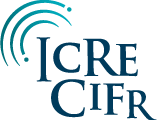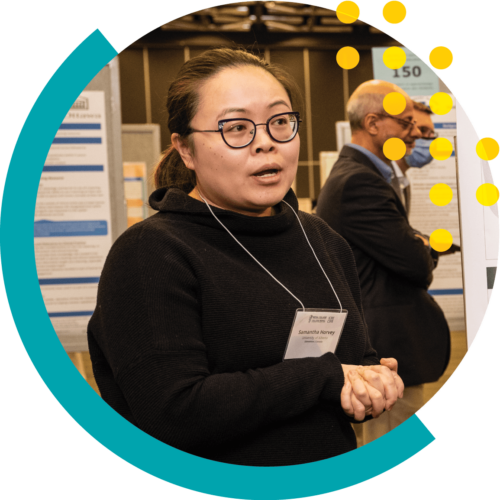
ICRE 2024: Call for Abstracts: Innovations in residency teaching and assessment
Submission deadline: January 5, 2024
You are invited to submit your innovation abstract for the 2024 International Conference on Residency Education. Abstracts in ICRE’s innovation category describe educational techniques and tools for residency education which are currently being studied but have no results yet. Abstracts must describe teaching or assessment methods for one or several of the CanMEDS Roles or other competency frameworks.

ICRE 2024: Call for Abstracts: Innovations in residency teaching and assessment
Submission deadline: January 5, 2024
You are invited to submit your innovation abstract for the 2024 International Conference on Residency Education. Abstracts in ICRE’s innovation category describe educational techniques and tools for residency education which are currently being studied but have no results yet. Abstracts must describe teaching or assessment methods for one or several of the CanMEDS Roles or other competency frameworks.
Guidelines for submitting a high quality research abstract
Title: Should summarize the abstract and suggest the topic is relevant and important.
Author names: See below for instructions on how to list authorship.
Introduction: The introduction is usually a few sentences that outline the question to be answered or issue to be addressed. The first sentence should frame the issue. Provide a concise review of what is known about the problem being addressed, what is unknown, and how your method/tool fills a recognized gap. The last sentence should describe the purpose of the study and the hypothesis (latter only if applicable).
Method: If applicable, describe the following six areas: 1) how many subjects are there and who are they, 2) setting, 3) research design, 4) intervention description, 5) list of outcome variables and how they were measured, 6) statistical methods used to analyze the data.
Conclusion / implications: Describe the potential implications of the study you are doing. Include major limitations and future directions.
Technical instructions for online submission of abstracts
The following information is required during the submission process.
- Title
- Abstract text: Please note that the limit is 300 words (including headings).
- Do not use character formatting such as italic, bold, or ALL CAPS in title and text.
- Keywords: A maximum of three keywords can be entered.
- Contributors: For each contributor, you will need to provide their Email Address, Institution, First Name, Last Name, City, Province or State, and Country.
- The order of authorship will remain through all publications.
- Contributors can be rearranged during the submission process by simply dragging and dropping the contributors into the correct order. It is important to include the presenter in the list of contributors so that their name appears in the order of authorship.
- Presenter: During the submission process, please indicate the presenter. Note, only one person may be identified as the presenter. If the abstract is accepted, the presenter’s name will be underlined in the abstract book and all communication beyond notification of acceptance/non-acceptance will be with the identified presenter. Please note that the presenter’s name must also be included as a contributor so that their name appears in the order of authorship.
Criteria for abstract evaluation
- Introduction, background and objectives
- Clear description of the gap/problem being addressed and its relevance to CanMEDS competencies in residency education.
- If applicable, please link existing literature to the research.
- Summary of the innovation, the effective method or the tool
- Purpose of the research or initiative is clear.
- Explanation of the tool or method.
- Clear statement of what might change and how it might be implemented and / or evaluated.
- Conclusions and implications
- Description of the potential impact and utility of the innovation.
- Whether or not it can be adapted by other programs or specialties.
Abstract review and selection
All abstract submissions will be acknowledged upon receipt. Submissions will be blinded, peer reviewed, and selected by the panels established for this topic area.
In April 2024, the official notification of acceptance will be sent to the submitter of the abstract. In late-June, specific details will be provided to the presenter about the session date and time, along with registration information. The top What Works paper session will take place on Friday, September 20 or Saturday, September 21, 2024.
Accepted abstracts will be posted on the Royal College website as well as included in a special supplement in the Canadian Medical Education Journal (CMEJ)
Top paper prize
The recipient of the Best What Works paper award will be announced during the closing remarks on Saturday, September 21, 2024.
Note: It is presumed that you will present in the language of your submission.
All presenters are required to register and pay the conference registration fees.
By submitting their abstract(s), the submitter consents to their contact information being shared with the Canadian Medical Education Journal (CMEJ) for editing purposes only.
Questions?
Telephone 613-730-8177 / 1-800-668-3740 ext. 186
E-mail: icre@royalcollege.ca
Access the submission site
(note that you may be required to create an account)
